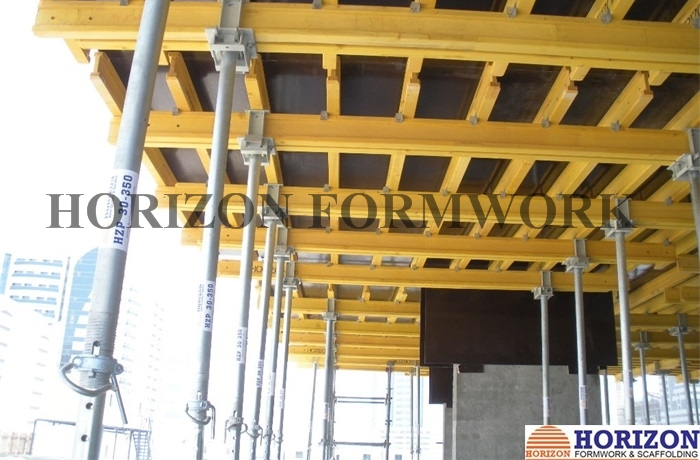Avg . 02, 2024 14:33 Back to list
China's Property Market Faces Challenges as Construction Activities Come to a Halt
The Impact of China's Shuttering Property Sector
In recent years, China's property sector has been grappling with a multifaceted crisis that has led to widespread shuttering of construction projects and stagnant economic growth. The crisis, rooted in a combination of excessive debt, government regulations, and changing market dynamics, has exposed vulnerabilities within one of the largest components of the Chinese economy. The ramifications of this sector's downturn are significant, affecting not only real estate developers but also millions of homeowners and the broader economy.
Economic Background
China's property market has been a critical driver of its economic growth, contributing substantially to GDP over the past few decades. With urbanization accelerating, the demand for housing skyrocketed, prompting developers to take on massive debts to finance ambitious construction projects. However, things started to change by 2020 when the Chinese government introduced measures to control the runaway debt levels in the property sector. These included the three red lines policy, aimed at limiting borrowing from developers based on their financial health.
As a result, many property developers found themselves unable to secure funds, leading to defaults and, in some cases, bankruptcy. High-profile cases like Evergrande, one of China's largest developers, highlighted the risks associated with over-leverage. The company's financial troubles not only halted projects but also left thousands of homebuyers in limbo, waiting for homes that may never be completed.
The Cycle of Shuttering
The shuttering of properties has created a detrimental cycle. When construction projects cease, thousands of workers are laid off, affecting their livelihoods. Moreover, unfinished buildings lead to decreased property values in surrounding areas, causing a ripple effect throughout local economies. The lack of confidence in the property sector impacts consumer sentiment, resulting in lower spending and investment, further straining economic growth.
china shuttering prop

The government has attempted to stabilize the situation by introducing various measures to support the sector. These include providing financial assistance to struggling developers and easing some regulatory constraints. However, skepticism persists among both investors and consumers regarding the viability of these measures. Many have lost faith in the market, leading to a reduced willingness to buy new properties, thereby exacerbating the crisis.
Societal Implications
The social implications of the property sector's troubles are profound. Many families in China view property ownership as a pathway to wealth and security. With homes unfinished or delivered late, personal financial plans are thrown into disarray, leading to increased stress and anxiety for countless homeowners. Property has long been viewed as a safe investment, but the crisis challenges this perception, potentially altering public attitudes toward real estate as an asset class.
Additionally, the economic slowdown resulting from the property crisis poses risks for other sectors. Construction equipment manufacturers, raw material suppliers, and service providers related to real estate all face uncertainties. The government's attempts to stimulate the economy through infrastructure spending may support some sectors, but the long-lasting impacts of the property crisis could linger for years.
Conclusion
China's shuttering property sector serves as a stark reminder of the complexities within its economy. The interplay between governance, financial regulation, and market dynamics shapes the future landscape of not only real estate but also the overall economic environment. As the government navigates through this crisis, the emphasis must be on sustainable practices and building consumer confidence to revive the market. Only time will tell how effectively China can confront and emerge from this pivotal challenge in its economic story.
-
Ringlock Scaffolding: Strong, Safe & Efficient Solutions
NewsAug.27,2025
-
OEM Column Formwork: Circular, Curved & Inclined Solutions
NewsAug.26,2025
-
Premium Scaffolding Jacks: Stable, Adjustable & Durable
NewsAug.25,2025
-
OEM Wall Formwork & Shuttering: Flexible & Curved Solutions
NewsAug.24,2025
-
Adjustable Heavy Duty Props for Slab Formwork | Strong & Reliable Support
NewsAug.23,2025
-
Adjustable Heavy Duty Props for Slab Formwork - Strong & Safe Support
NewsAug.22,2025